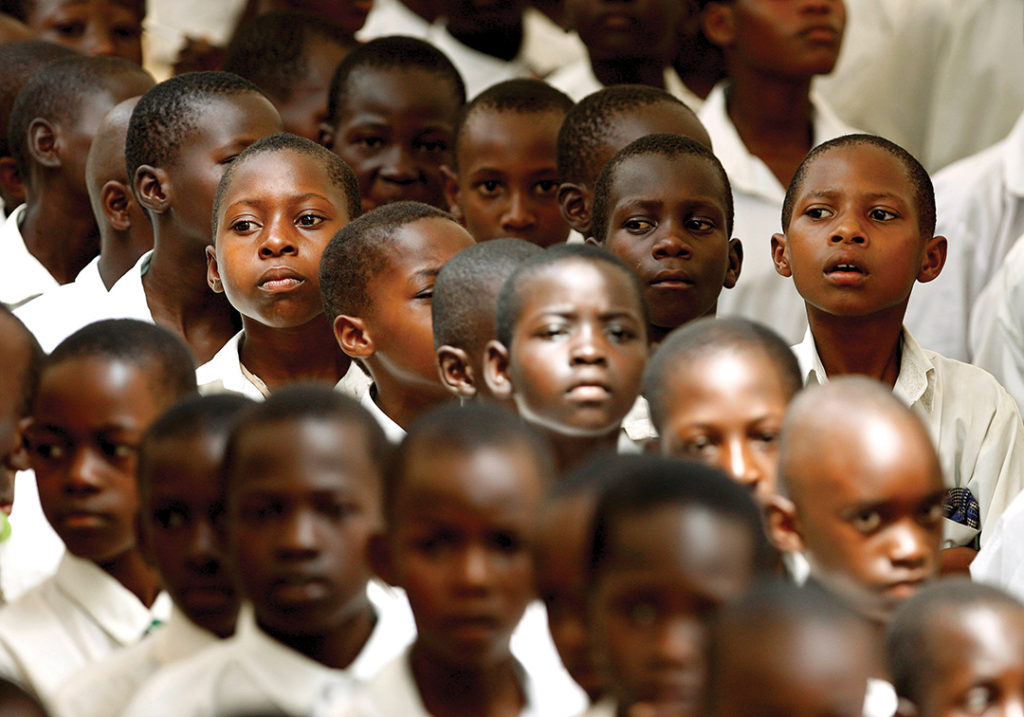WORLD BANK
On a typical morning in elementary schools across Uganda, children can be heard chanting letters of the English alphabet, each letter assigned to a common item found around the home, followed by its vernacular word to help with association and memory. “Axe, banana, cup, drum,” they sing, working their way down the chart.
This is the way generations of Ugandans have learned.
“That is learning English as a language,” says Caroline Kavuma, an early-grade reading specialist with Uganda’s Ministry of Education. Although it may be easy for children to learn English, she adds, it is more difficult for them to use it to learn other academic subjects, especially when they use a different language at home.
When Uganda rolled out free universal primary education in 1997, and later universal secondary education, it sent enrollment through the roof. Unfortunately, while universal access to education has improved, quality has declined. A 2016 learning assessment survey found that only three in 20 students in Grade 3 could read and comprehend a story. The report added it was only by Grade 5 that about half the children could read and understand a basic short story in English.
Meanwhile, a pilot project, the School Health and Reading Program, found that children could read and comprehend better if taught in their first languages. This is now part of the primary education school curriculum. Children are taught in a local language during the first three years of primary education before transitioning to
English in the fourth grade.
“Children need to be taught in the natural way they learn,” Kavuma explained. “They learn concepts faster, and have accumulated enough vocabulary in their home language to learn in
a sophisticated way.”
It hasn’t been all plain sailing. For a start, there are many vernaculars spoken within the same region. For example, in Busoga, east of Kampala, it is not uncommon for children to speak different dialects or languages altogether.
Converting parents also takes time. “It is difficult to convince a parent that learning [other subjects] in English is not the most efficient way for the children in P1,” said Moses Wambi, deputy principal of Bishop Willis Core Primary Teacher College in Iganga. “But we will be able to see the results in good time.”

